2016
The project focuses primarily on the examination of how nature is recapturing Chernobyl, 30 years after the nuclear catastrophe. Despite the radiation, an abundant self-generated ecosystem has sprung up in the restricted zone over the last couple of years. This paradoxical development has prompted a heated discussion among scientists, but none have been able to fully explain it, as the results of their respective studies do not match.
One group of researchers puts it down to biological aberrations and transformations on a cellular level, another has been able to prove that some species are capable of compensating an increase in radiation by developing cellular strategies that maintain their gene pool. Many scientists believe, however, that the biodiversity and the fact that it developed autonomously, is due to the absence of humans. The nuclear catastrophe has, retrospectively, been less detrimental to the natural environment the continuing human influence.
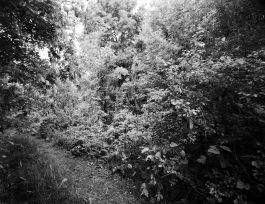
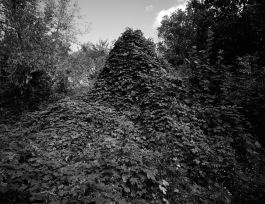
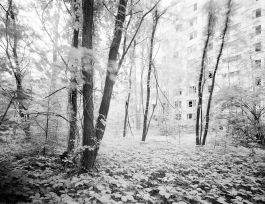
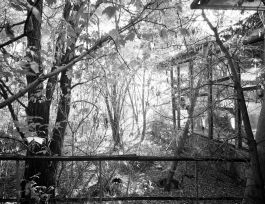
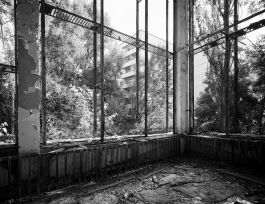
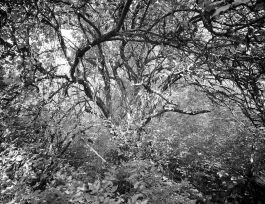
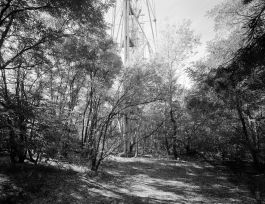
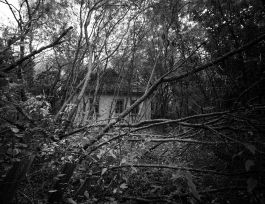
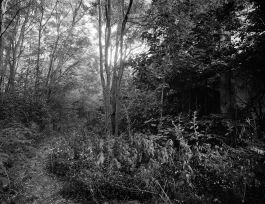

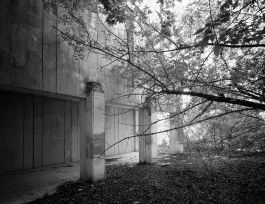
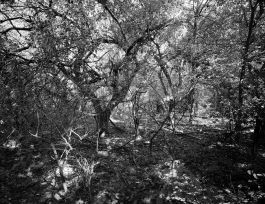
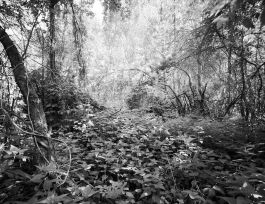
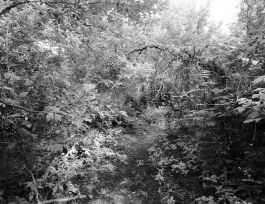
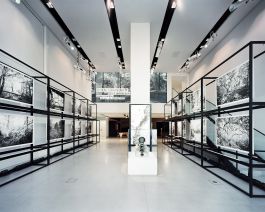
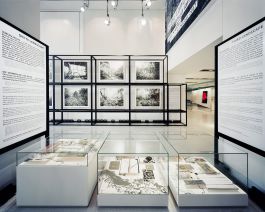

2016
The project focuses primarily on the examination of how nature is recapturing Chernobyl, 30 years after the nuclear catastrophe. Despite the radiation, an abundant self-generated ecosystem has sprung up in the restricted zone over the last couple of years. This paradoxical development has prompted a heated discussion among scientists, but none have been able to fully explain it, as the results of their respective studies do not match.
One group of researchers puts it down to biological aberrations and transformations on a cellular level, another has been able to prove that some species are capable of compensating an increase in radiation by developing cellular strategies that maintain their gene pool. Many scientists believe, however, that the biodiversity and the fact that it developed autonomously, is due to the absence of humans. The nuclear catastrophe has, retrospectively, been less detrimental to the natural environment the continuing human influence.














